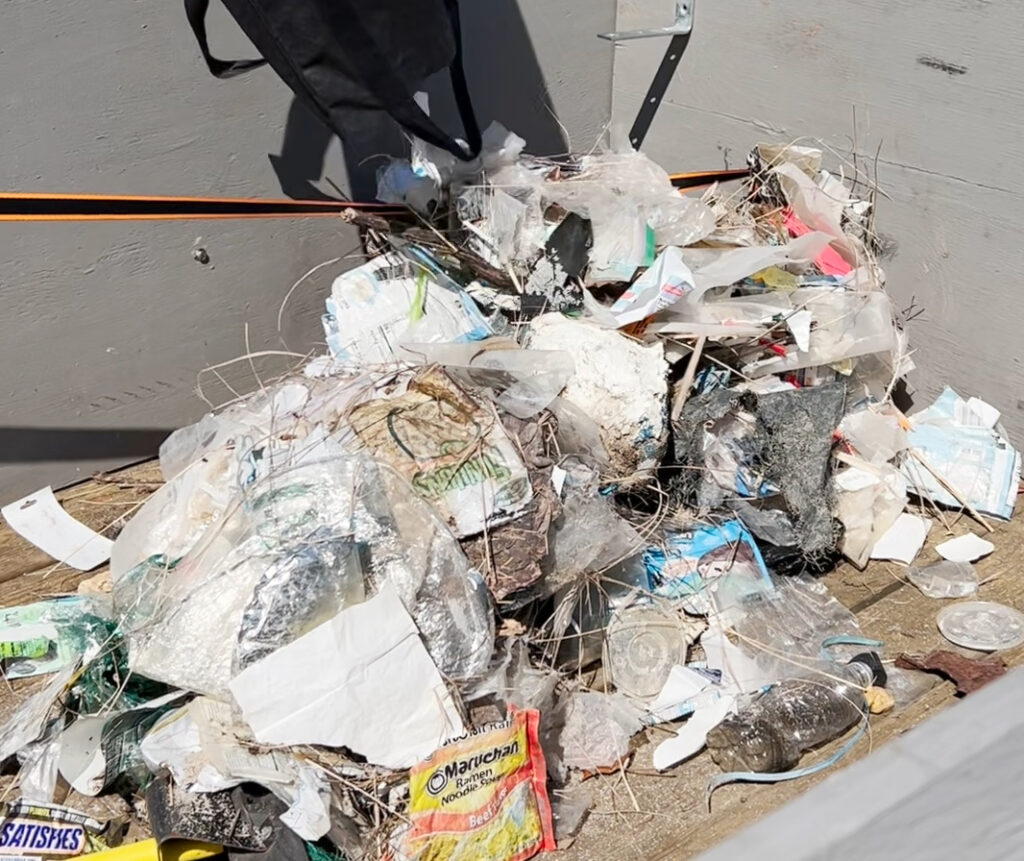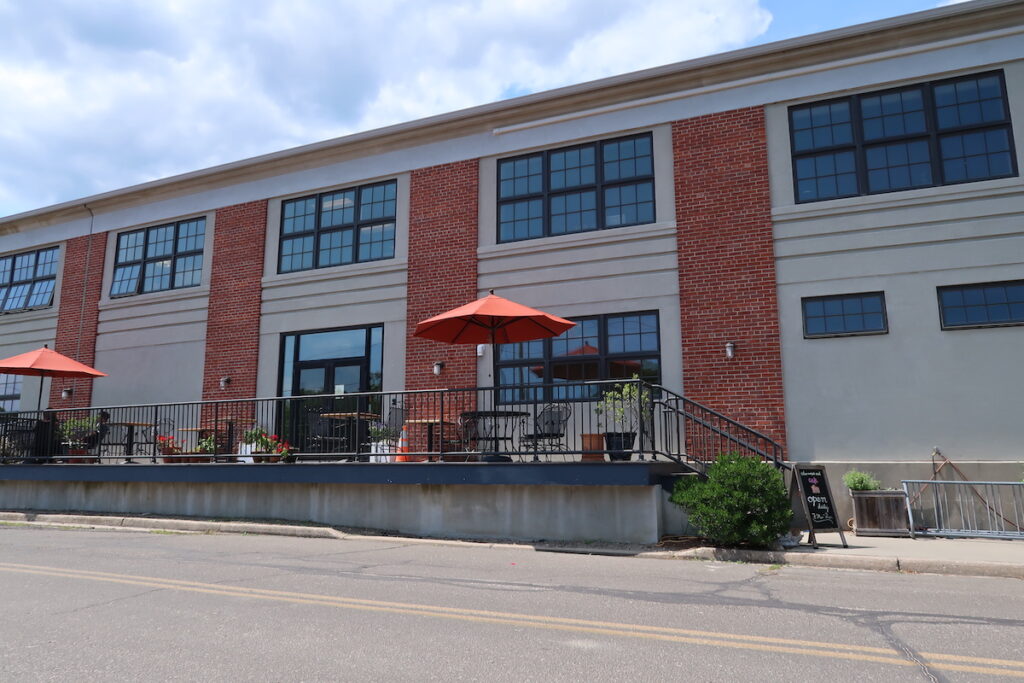Sarah Benjamin honored with Helen Wright Prince Award

Longtime children’s advocate Sarah Benjamin was honored last Thursday with the Helen Wright Prince Award for, as Southold Supervisor Scott Russell put it, “making [a] positive impact on homeless, at-risk and immigrant families.”
Ms. Benjamin was recognized for her extensive commitment to children and families in need, many of whom lack the basic resources and educational outlets necessary for growth. In a ceremony at Southold High School, Ms. Benjamin’s alma mater, town officials and members of the Anti-Bias Task Force joined to celebrate her accomplishments and contributions to the community.
The award, created by the Anti-Bias Task Force in 2015, is a proclamation issued by the town supervisor in honor of the late Helen Wright Prince, who spent much of her life helping children and families in need. Seeing that there was a genuine need for children’s services among varying populations, Ms. Prince spent decades working at migrant labor camps, including ones in Southold. Her sons, Bill and Barry Prince, took the podium last Thursday to speak a bit about their mother, but both stressed that while the award is in her name, the night was dedicated to Ms. Benjamin, who has made similar contributions and expanded upon Ms. Prince’s work.
“How do we bring that to educators, to schools, to community members in order to keep the message alive?” asked task force co-chair Sonia Spar. “One of the things with her education and why we’re giving [the award] to her is because of her commitment to family literacy and early childhood education for families at risk.”
Ms. Benjamin has spent years in leadership and advocacy roles at Community Action Southold Town, Eastern Suffolk BOCES, Suffolk County Family Service League, North Fork Housing Alliance, North Fork Head Start and as a teacher in Southold Town schools. She was honored as The Suffolk Times’ Educator of the Year in 2017.
CAST director Cathy Demeroto said last week that Ms. Benjamin served for four years as coordinator of its parent-child home program, now known as the Parent Child Plus program. She first got involved with the program 20 years ago.
“It’s basically an early literacy and parent support program [where] early learning specialists go into the homes of at-risk preschool children in weekly/biweekly visits … and really just read and engage the parent who’s there and the young child,” Ms. Demeroto said. “[Sarah] definitely has a strong interest in family well-being and improving the lives of vulnerable families.”
Ms. Benjamin said she would meet low-income families at their homes, bringing along books and toys. Since these families have limited financial resources, perhaps because of circumstance or because they’d fled war-torn, drug-infested, gang-dependent countries, they often lived nomadic lifestyles.
“The goal was to support the parent to help the children in those early years; to talk to them; to help them get ready for school,” Ms. Benjamin said last Thursday. “In education, science has shown us that a human brain is only 10% when born and it grows 90% in the first three to five years. That has to do with what happens between the parent and the child. If those neurons aren’t stimulated, they atrophy — they’re gone.”
Ms. Benjamin said she sees parenting as the hardest job there is. “Just when you think you get it, [the children] get to a different stage,” she said. “And just when you think you got that, you have another one who’s nothing like the first one.”
She also spoke of societal changes that happen over time, urging those in attendance to help one another, get to know their neighbors and bring back or otherwise strengthen their community.
“Mrs. Helen Prince saw the migrant children living in the camps, always moving, going back and forth, never getting an education, and she did something about it,” Ms. Benjamin said. “We need to see what families need in our community now and recognize it … I met almost 500 families myself, and I saw their suffering from the trauma, the things that they’d gone through. No longer in the camp at the end of Cox Lane, they’re everywhere.”
In 2018, Ms. Benjamin said, Suffolk County school districts counted almost 6,000 homeless children, according to the McKinney-Vento Homeless Assistance Act. These are, she said, “6,000 children who don’t have a fixed, regular or adequate place to live. Nationally, 50% and more of homeless children are aged 0 to 5 — and they’re not counted … Let’s all join Helen Prince and the Anti-Bias Task Force and continue to be the Southold Town that we once were and maybe that we always have been — to see those people that are here with us.”









